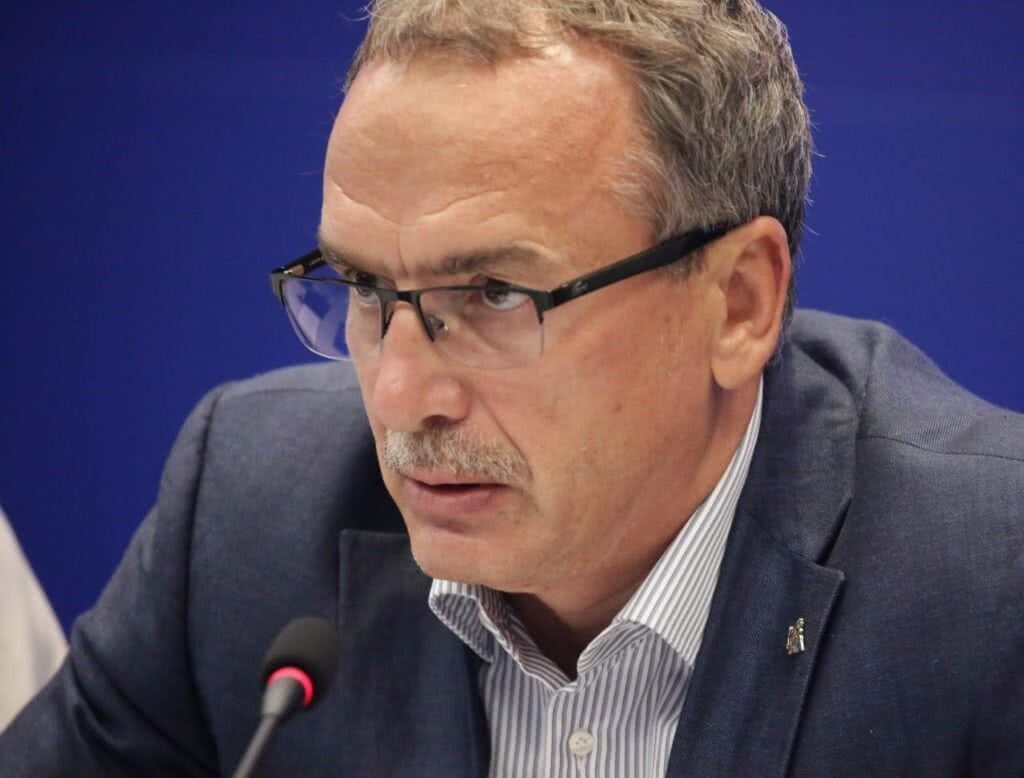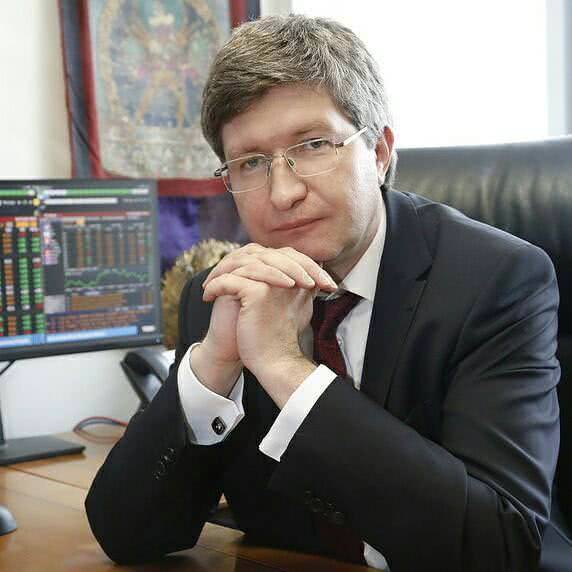Authors: Andrej Il’nitskij, Alexander Losev – 16/10/2019
The deglobalization, which causes a slowdown in the global economy, trade wars and risks of economic, social and political crises, a renewed arms race and the emergence of new areas of confrontation, such as cyberspace and space, are the signs of an era of change, of a cardinal change in the global governance paradigm that has developed since the collapse of the USSR.
East: a historic opportunity for Russia
The war for resources continues: energy, human, industrial, intellectual – for everything that will guarantee a future victory in the battle for leadership among the Powers. Over the course of one or two decades, a real war for hegemony and, probably, a war of civilization will follow.
A historic moment has arrived: to restart the movement towards the Pacific Ocean, to develop Siberia and the Far East
In relation to Russia, a war will break out for the transformation of our country from a subject of world politics to a subject that can be controlled for its own purposes. If economic growth is not achieved and sufficient scientific and technological potential is not restored to strengthen defense capabilities in the next decade, Russia will not even be able to ease the pressure a bit.
But the upcoming era of change also means that Russia is getting the chance to regain the status of a particular civilization, responsible for the fate of the world. However, while political sovereignty must not be worried, everything is much more complicated with the economy.
Two economic spheres
The economic stagnation with a budget surplus, huge foreign exchange reserves and low inflation shows that in Russia there are two separate sectors of the economy: the internal one, with all its problems and low growth rates, and the external one, where most of export earnings is accumulating. The main problem is that these two Russian economic spheres practically do not intersect; they intersect only in the context of budget revenues and expenses.
The “external” economy is part of the global economy; it is integrated into international value chains and managed by managers associated with global elites. Oil and gas exporting companies, metallurgical and other raw materials industries, banks and stock exchanges – all this can be attributed to the “external” sphere of the Russian economy. The external sphere is isolated from the “internal” sphere of the economy through accounts and settlements in dollars, through the accumulation by the Central Bank of foreign reserves and the purchase of foreign currency by the Ministry of Finance.
The “internal” sphere of the economy consists of industrial production, the system of small and medium-sized enterprises, construction and electricity, transport, agriculture, commerce and services, municipal expenses, current activities of citizens and their consumption, including credit. In the “internal” economy there is a lot of typical of the so-called “Latin American capitalism”: economic stagnation, raiding, corruption, lack of investment, growing inequality, poverty, long-term reduction of disposable income and so on.
The tax burden for companies (total tax rate) in Russia, according to the World Bank, is 46.3%, which is also higher in the United States (43.8%) and in the EU (40.3%).
In order for the economy to return to the trajectory of growth and Russia to strengthen its position in the new balance of emerging forces, it is necessary to combine these two Russian spheres of the economy – “external” and “internal” – in a single sphere. And the renewed power of the Country will become the main guarantee of the safety of the population and capital.
New opinions beyond the Urals
Russia must develop a new project based on its ability to revive and preserve itself, on sovereignty and traditions, on justice and security for all citizens of Russia and all neighbouring countries. In this regard, it is possible that Russia has a new imperial project, because empires tolerate multinational diversity, but at the same time create their own world order in opposition to chaos and are ready to defend that world order, to bring peace and principles moral, resist evil, spread civilization.
But for this it is necessary to guarantee competitiveness in a changing world, ideological support and spiritual sovereignty are needed.
The primary tasks are those that increase human potential: increase the birth rate, improve education and health care, build intellectual capital, internal and external security and integrated territorial development.
(Reproduced by kind permission of the Authors – source: Rossijskaja Gazeta – 15/10/2019 )
Andrej Il’nitskij, Alexander Losev are Members of the Council for Foreign and Defense Policy, Russia


